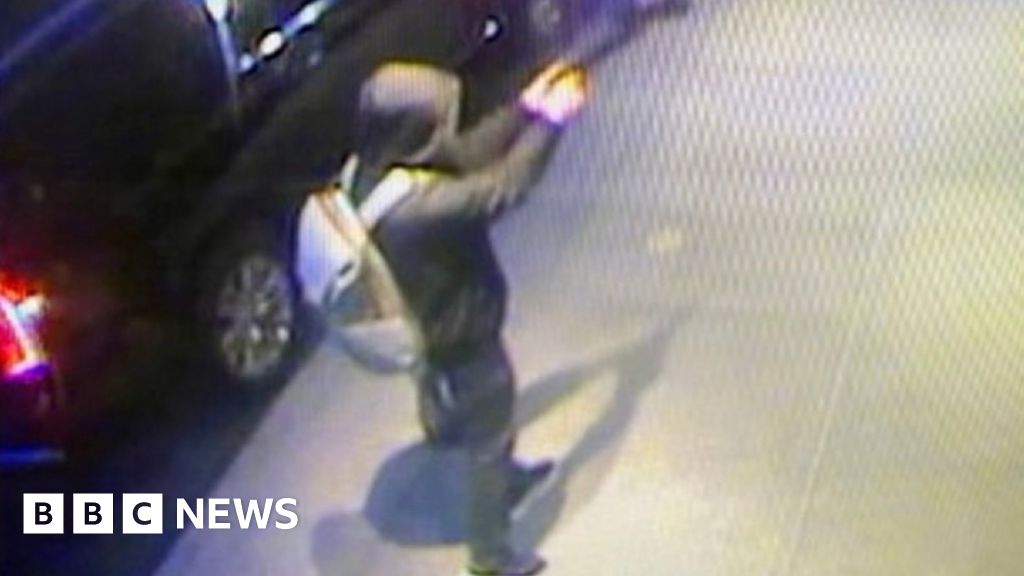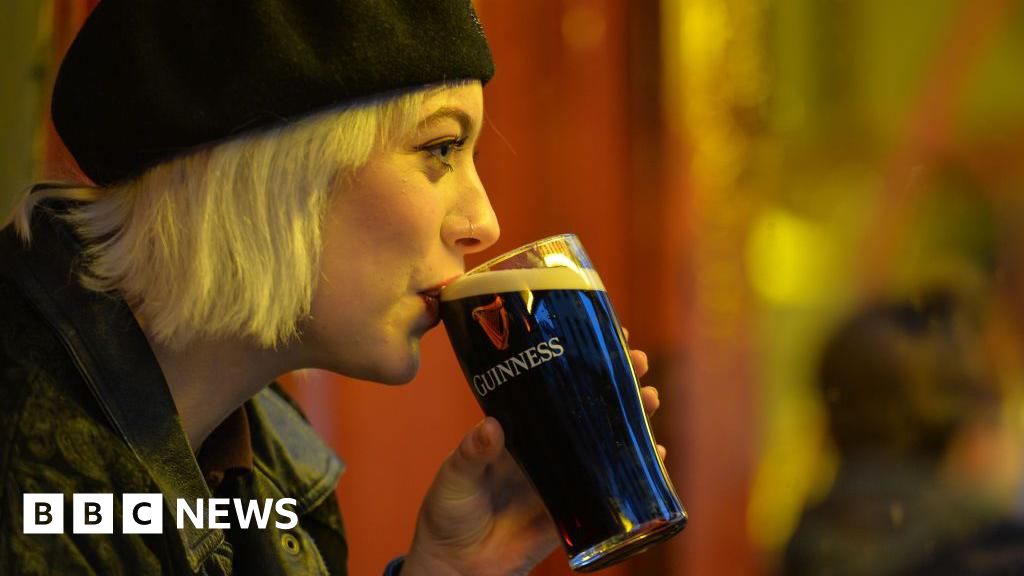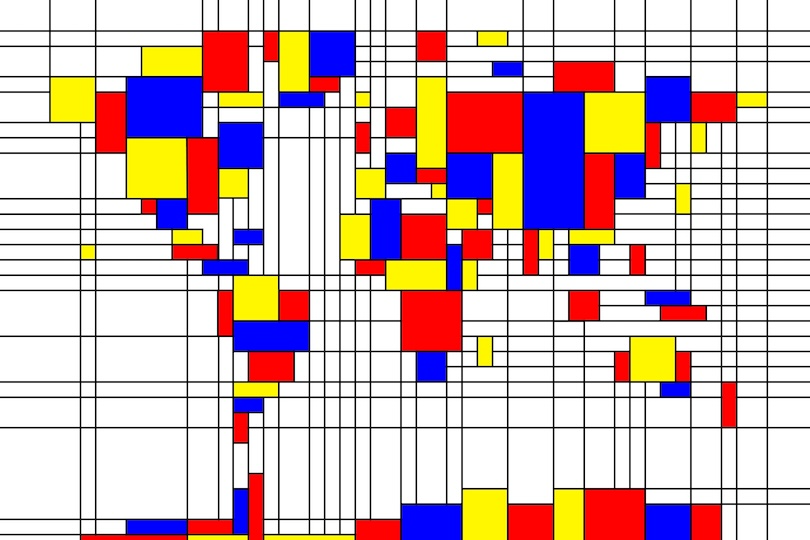
 Getty Images
Getty Images
UK banks must refund fraud victims up to £85,000 within five days under new rules.
Most High Street banks and payment companies voluntarily compensate customers who are tricked into sending money to scammers.
But in a world first, these refunds will become mandatory from 7 October, the Payment Systems Regulator (PSR) has announced.
The watchdog has reduced the maximum compensation from a previous proposal of £415,000. It said the new cap of £85,000 would cover more than 99% of claims.
It also announced that once a bank or payment company had refunded a customer, it could claim half back from the financial institution the fraudster used to receive the stolen money.
When criminals dupe their victims into sending them money by pretending to be a legitimate company, such as their bank or a tradesperson or by selling goods that do not exist, this is known as authorised push payment fraud (APP).
The number of cases of this type of fraud rose by 12% to 232,429 in 2023, with losses totalling £459.7m, according to UK Finance.
There is currently no requirement for banks to refund victims of APP fraud, but these new rules will change that from next month.
The maximum refund was slashed after objections from the financial industry that it could cause problems for smaller firms.
Out of more than 250,000 cases in 2023, there were 18 instances of people being scammed for more than £415,000, and 411 instances where they lost more than £85,000, the PSR said.
David Geale, managing director of PSR said the new rules would mean all victims of this type of fraud would now get the same level of help.
"Whether you get reimbursed and how much can actually depend on who you bank with and that can't be right," he said. "We want to have a consistent experience."
He said claiming half the compensation back from the bank the fraudster used would be a "game changer" because it would incentivise the industry to shut down accounts sooner to prevent fraud and therefore payouts.
Asked whether smaller banks could get into financial trouble if they have to pay out lots of large refunds he said: "If they can prevent this happening then they haven’t got a bill to pay.”



 Movie
Movie 2 months ago
54
2 months ago
54 






![Presidents Day Weekend Car Sales [2021 Edition] Presidents Day Weekend Car Sales [2021 Edition]](https://www.findthebestcarprice.com/wp-content/uploads/Presidents-Day-Weekend-car-sales.jpg)



 English (United States)
English (United States)